2.5 billion people, or 1 in 3 of us, require some form of assistive technology (AT).
That number is only expected to climb as our populations age, and as the world continues to experience disaster and conflict which so frequently result in life-altering injuries. The need for appropriate, accessible, innovative solutions has never been more pressing.
AT is considered a human right, yet the need for accessible, appropriate AT has never been more widespread. Globally, access to these vital lifelines remains shockingly limited.
This year, we have a reason to celebrate!
The International Disability Equity and Rights Strategy has landed!
The launch of the International Disability Equity and Rights Strategy (IDEARS) last week marks a momentous step forward towards disability equity in the Australian aid program.
This ground-breaking strategy paves the way for equity, prioritises partnership with Organistions of People with Disabilities (OPDs), and sets performance targets for disability equity across all international and humanitarian efforts. The new strategy also includes a commitment to the pre-conditions for inclusion, along with an investment in assistive technology.
The Government announced $12m for AT in the Indo-Pacific over four years – exactly what we’ve been asking for!
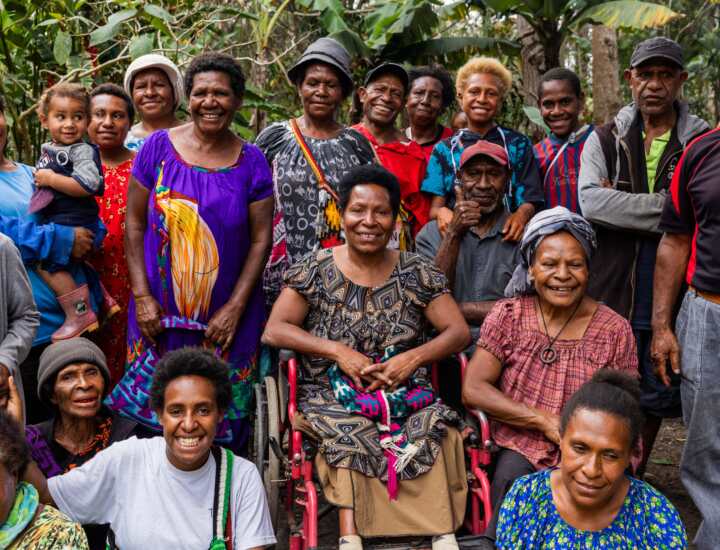
Watch a video on the need for assistive technology
We couldn’t have achieved this landmark outcome without your help, or the commitment of our ministers. Join us in thanking them for their ambitious stand on disability equity and rights.
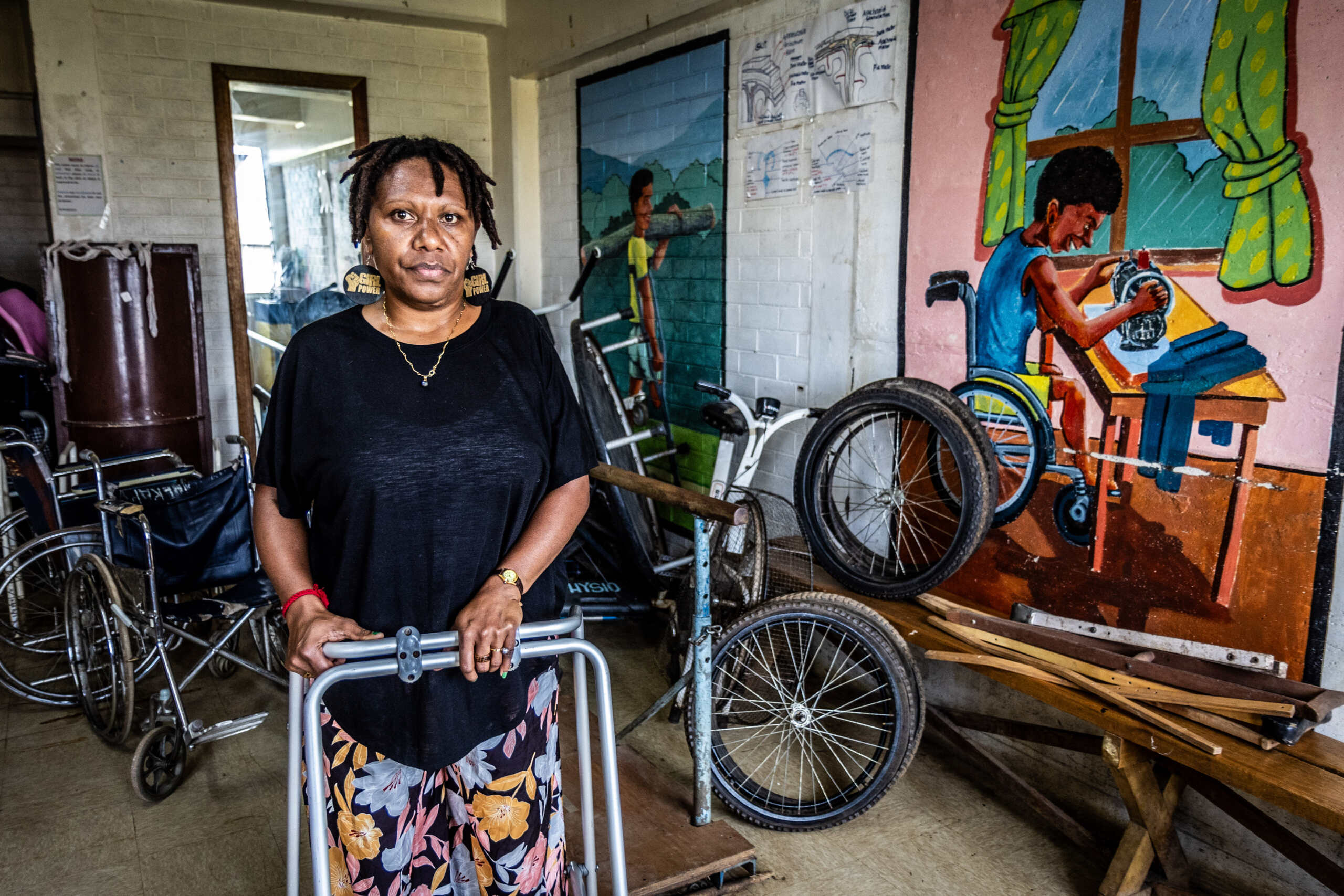
Assistive technology: Unlocking Potential For All
Assistive technology (AT) plays a critical role in creating an inclusive society, enabling people with disabilities to access education, jobs, and healthcare, and even the ability to move freely in their communities.
From wheelchairs and hearing aids to screen readers and Braille displays, assistive products support the independence people with disabilities. Coupled with training, equipment maintenance, and community support, AT can unlock the potential of hundreds of millions worldwide.
However, only 5-15% of those who need AT globally have access to it, with the disparity being even greater in low income countries. For instance, in the Indo-Pacific region, access can be as low as 3%, compared to 90% in wealthier nations like Australia.
To close this gap, we need greater investment in AT throughout the Pacific to increase its affordability and accessibility for people with disabilities.
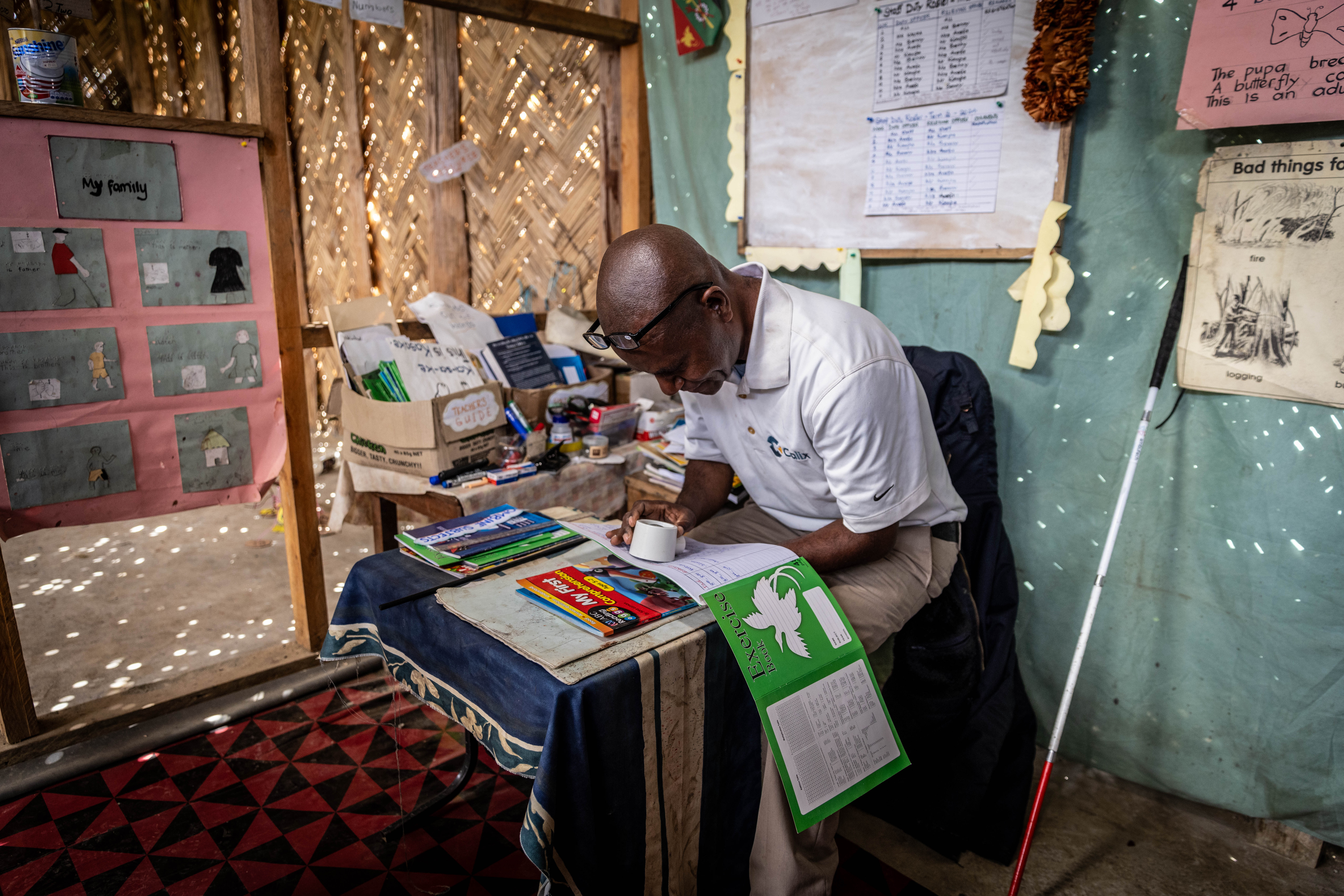
Pre-conditions to Inclusion: Laying the Foundation for Equity
In collaboration with our partners, CBM Australia recognises pre-conditions to inclusion as an ecosystem through which people with disabilities are able to participate and engage meaningfully in their communities. These include:
- Non-Discrimination: Ensuring that laws and policies do not discriminate on the basis of disability and guarantee equal access to justice and services.
- Accessibility: Making physical environments, transportation, and information and communication technologies (ICT) accessible to everyone, allowing people with disabilities to participate in all areas of life.
- Support Services: Providing personal assistants, interpreters, peer-led support, and other services that allow people with disabilities to fully engage in society.
- Participation and Empowerment: Strengthening organisations of people with disabilities (OPDs) to ensure their voices are heard in decisions affecting their lives and advocating for their rights.
These pre-conditions, coupled with targeted social protection and inclusive budgeting, are essential to breaking down the barriers that continue to prevent people with disabilities unlocking opportunities in their own lives.
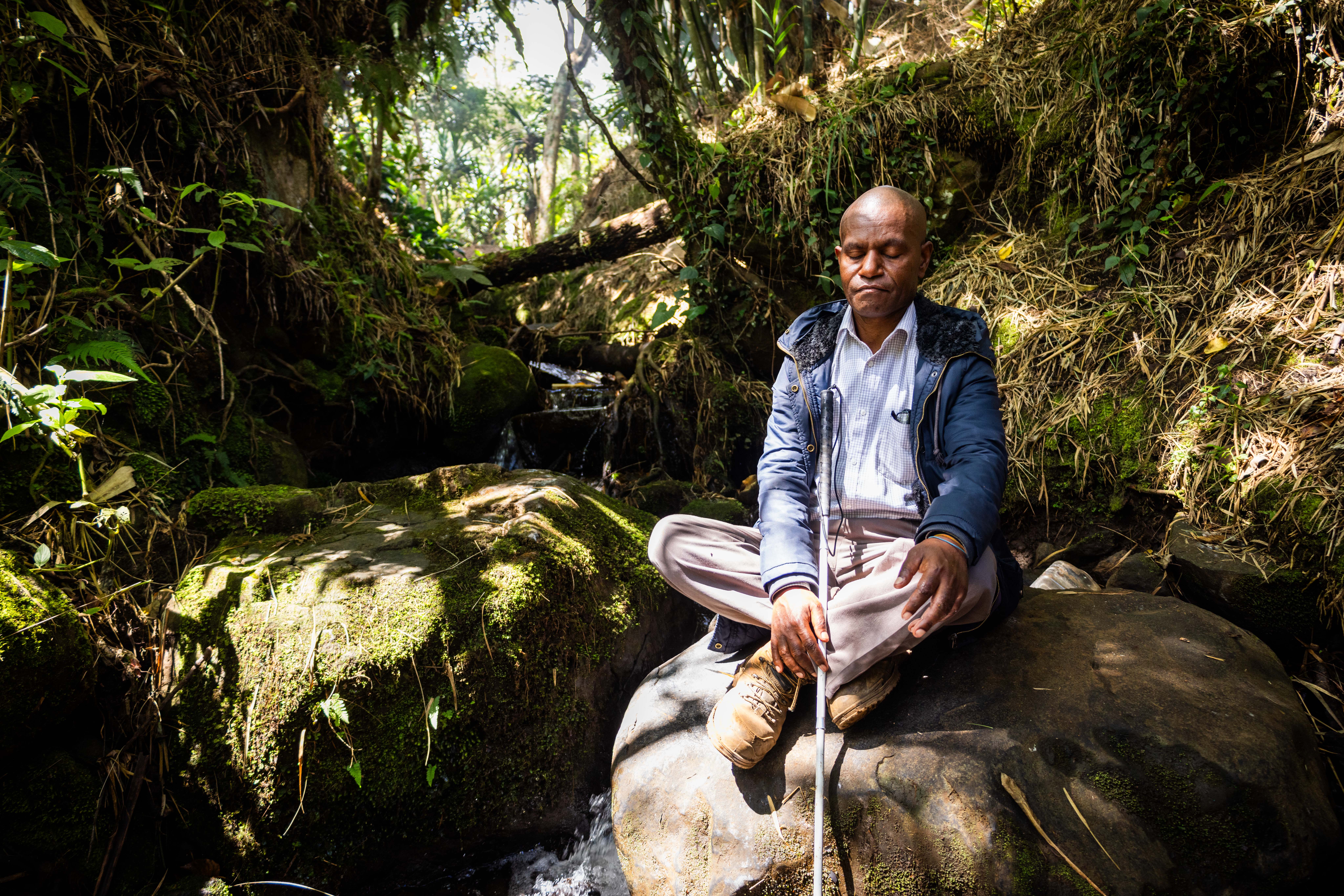
Climate Change: Facing the Impacts Unequally
The climate crisis is rapidly worsening, and while Pacific nations contribute only 0.02% of global carbon emissions, they are among the hardest hit by rising sea levels, ocean warming, and other devastating impacts.
For people with disabilities, these disasters create disproportionate challenges. They are four times more likely to die during extreme weather events like floods or cyclones, often left out of emergency response efforts.
Findings from the Pacific Disability Forum’s recent report on ‘Disability and Climate Change in the Pacific’ found that climate change is amplifying the risks and exclusion that people with disabilities already experience in their daily lives as well as introducing new risks and creating barriers.
This growing instability is of significant concern to communities who already experience extreme barriers to inclusion within their communities, including in securing employment and household security.
As the climate crisis accelerates, it is crucial to work in consultation with people with disabilities to build disaster-resilient communities that prioritise their diverse needs. This requires greater access to emergency shelters, early warning systems, and inclusive humanitarian responses that account for the unique vulnerabilities of these individuals.
By addressing these inequities, we can help build a future where everyone has a fighting chance, regardless of their ability.
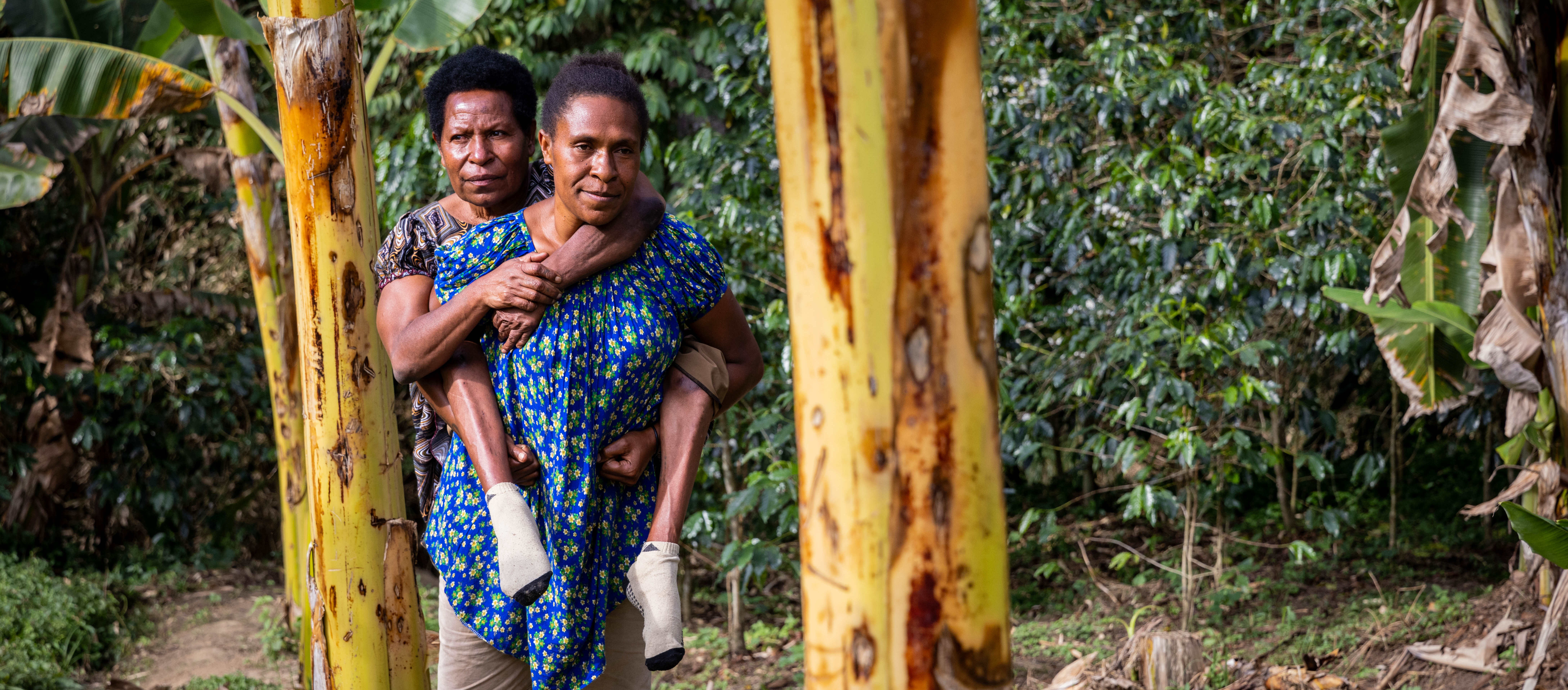
Gender and Disability: A Double Burden of Marginalisation
Women with disabilities are among the most marginalised in society, facing barriers not only due to their gender but also their disability.
They encounter discrimination in education, healthcare, employment, and accessing assistive technology – particularly in low- and middle-income countries, where access to AT is as low as 3%.
Gender inequality compounds these challenges, as women’s needs are often deprioritised. Additionally, women with disabilities are more likely to live in poverty and rely on out-of-pocket payments for the technology and support they need.
By addressing these intersecting barriers, we can unlock opportunities for women with disabilities to participate equally in society, build livelihoods, and contribute to their communities.
Ready to find out more?
Discover more about the barriers to inclusion people with disabilities face throughout society with CBM Australia’s resources, studies and partner videos, and how access to appropriate, accessible, and affordable assistive technology can #UnlockTheEveryday, for everyone.
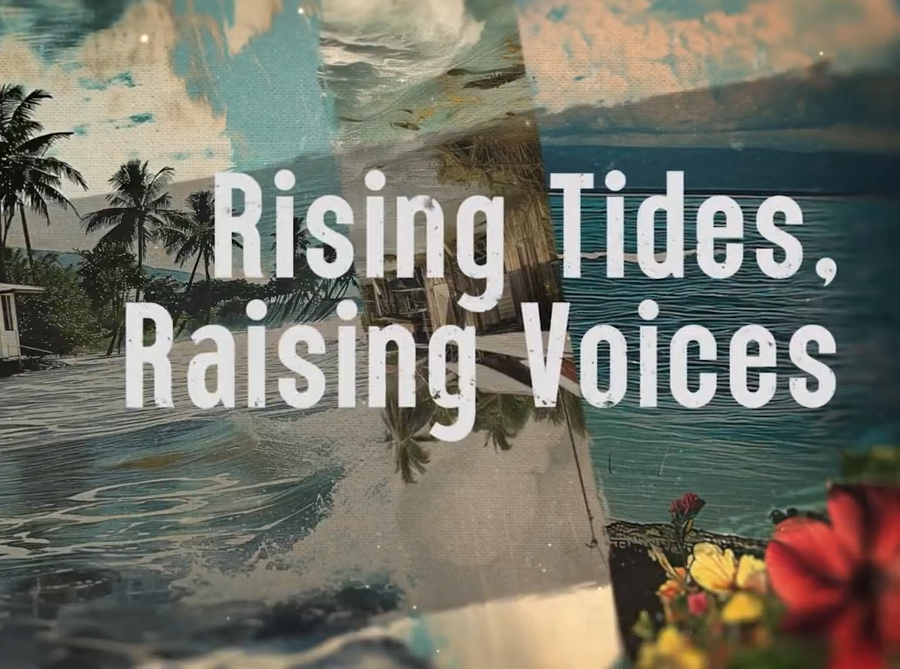
WATCH: Rising Tides, Raising Voices
A short film about people with disabilities in the Pacific and the impacts of climate change, directed by Jody Santos.
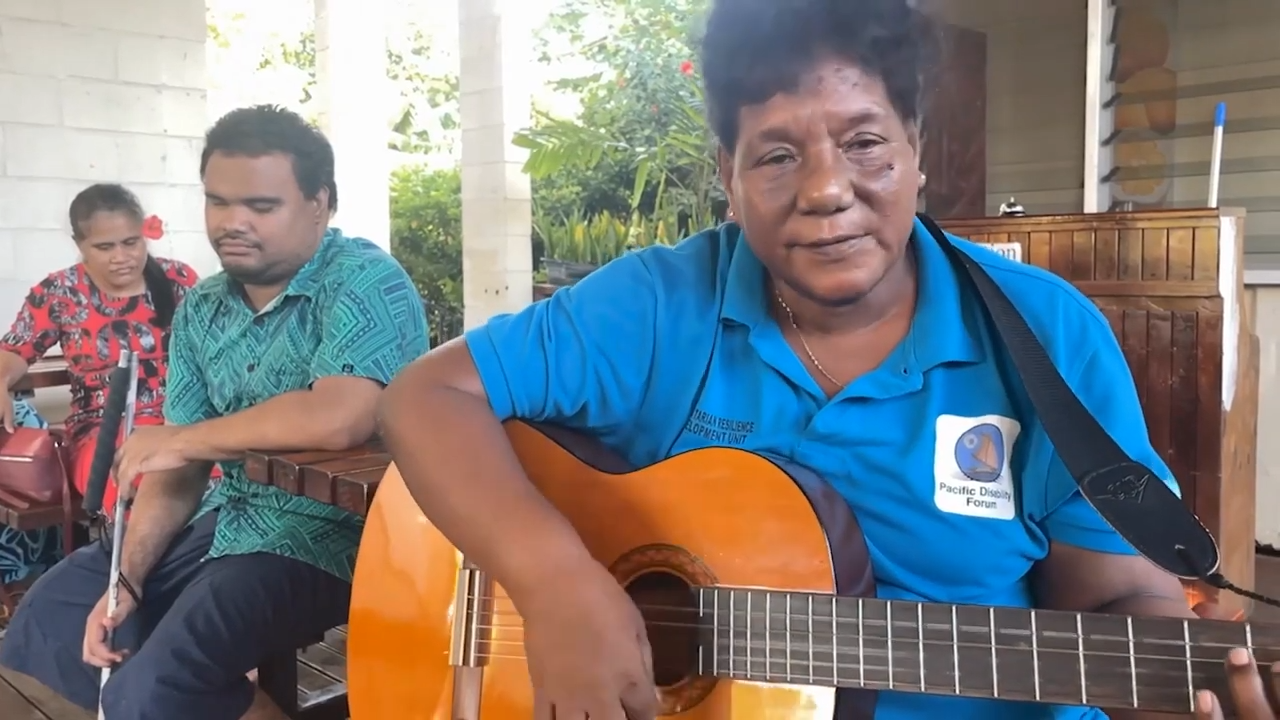
WATCH: Dramatic Waves of Change
A short film directed by Faa’olo Utumapu-Utailesolo showcasing people with disabilities advocating for change within their communities through drama and song.
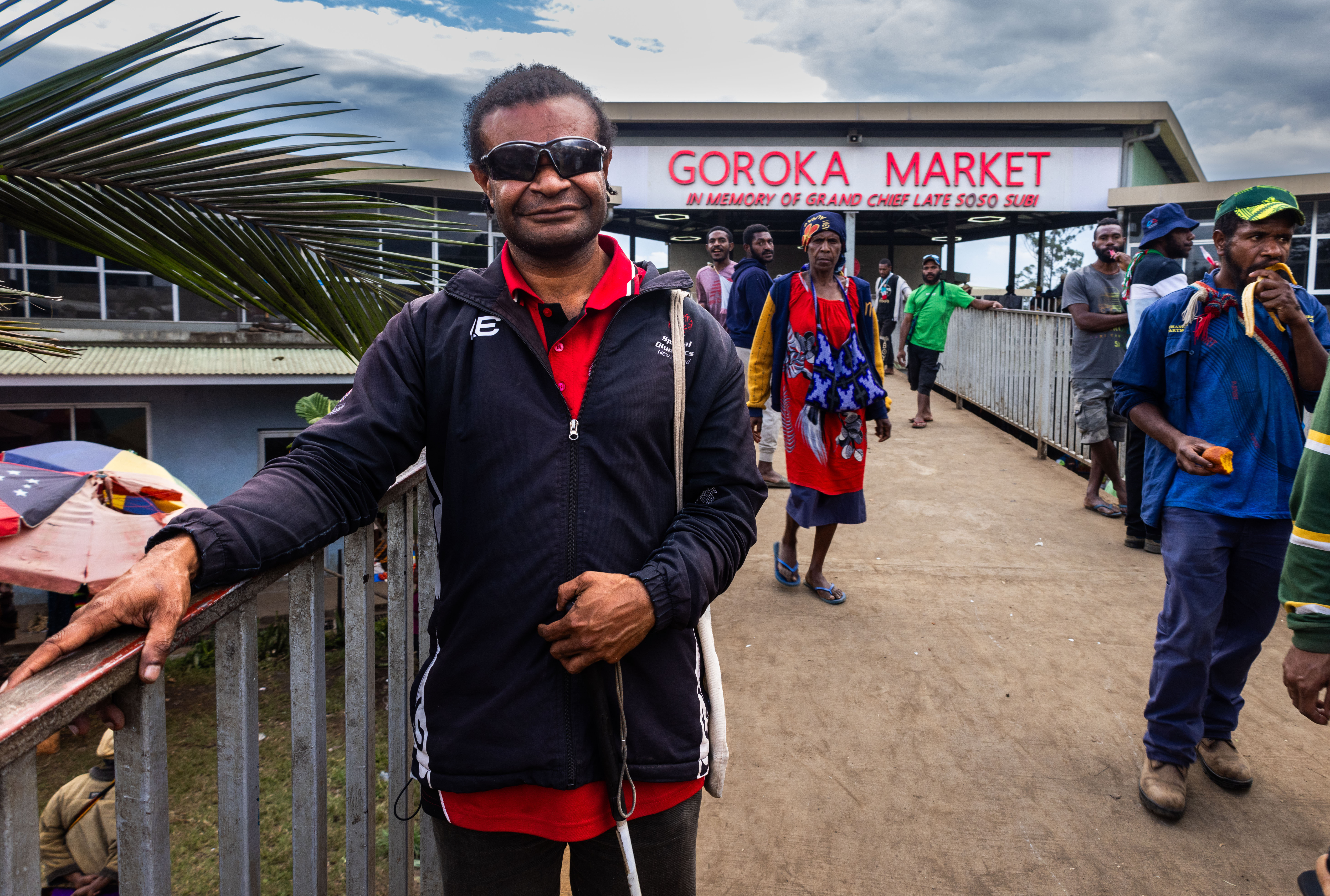
Pre-conditions to inclusion: laying the foundation for equity
Pre-conditions to inclusion are the framework through which we can achieve equity for people with disabilities. Find out about CBM Australia’s approach within our work.
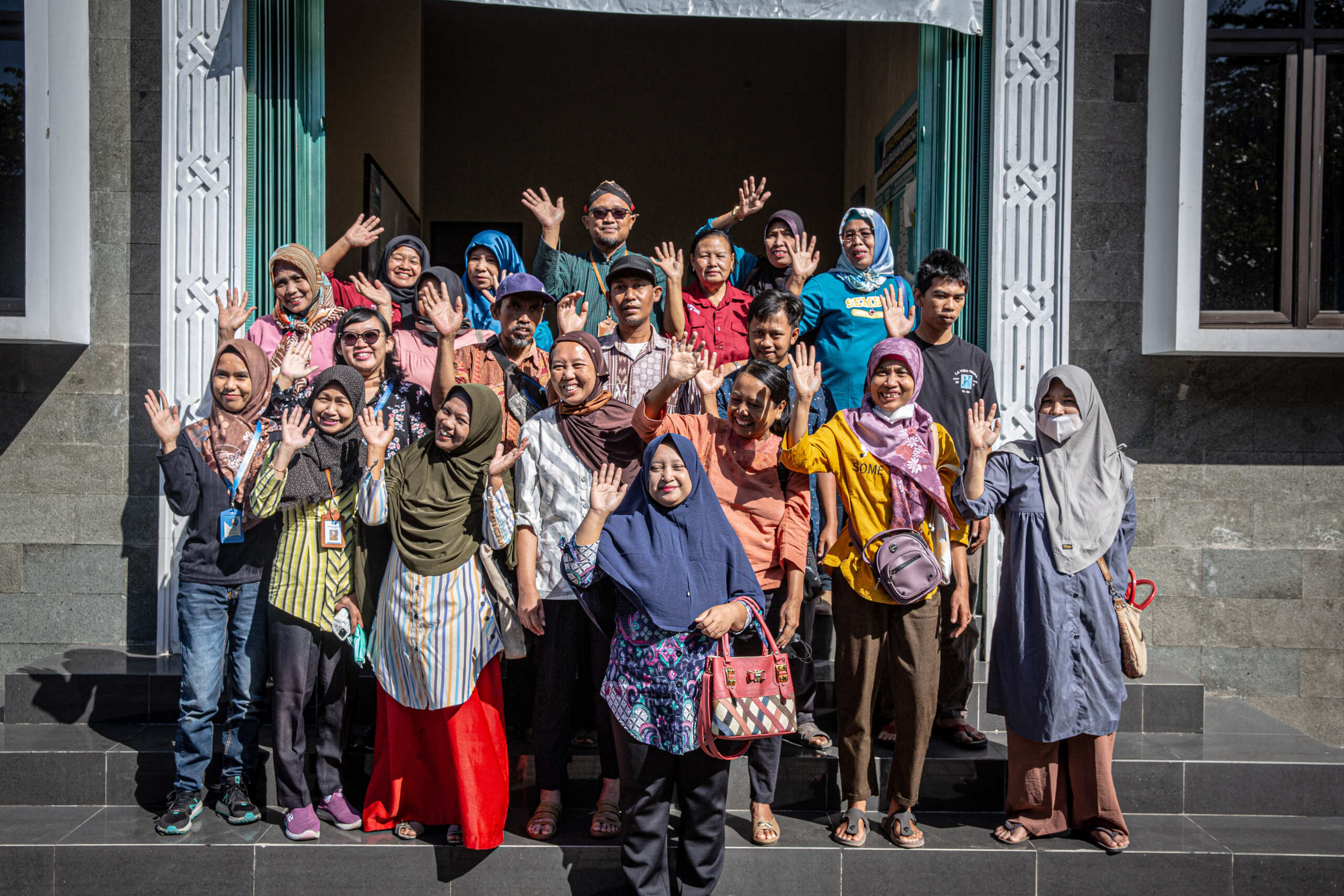
Missing Voices: Inclusion of women with disabilities in gender programming and women's movements
This paper identifies good practice in the involvement of women with disabilities in mainstream gender programming, as well as women’s movements, within the Indo-Pacific region.
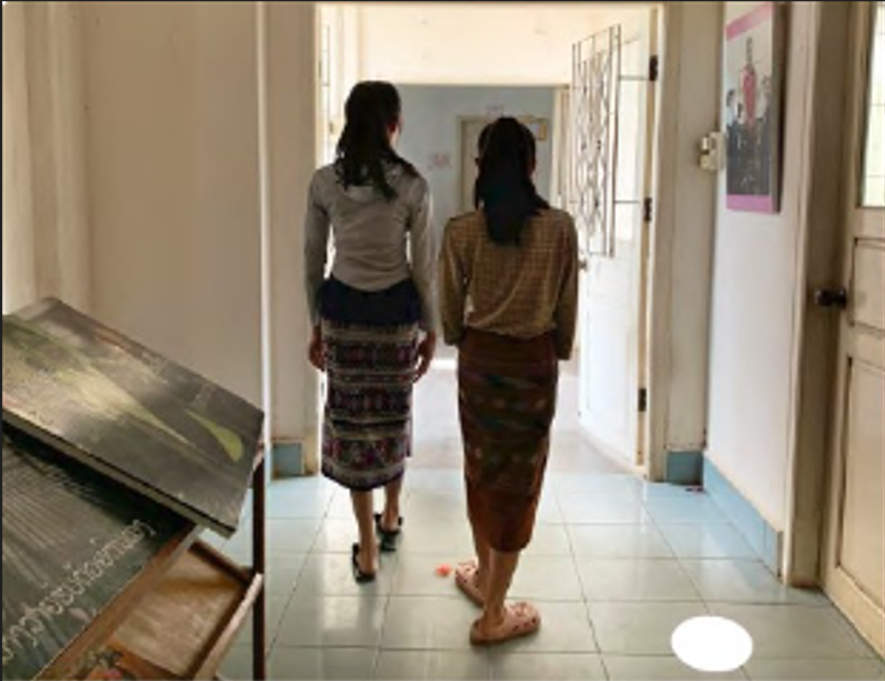
Breaking the silence: Addressing violence against women with disabilities
This document explores how CBM Global implementing partners, including OPDs, are responding to issues of gender-based violence in the communities in which they work, including what is working well and where more support is needed.
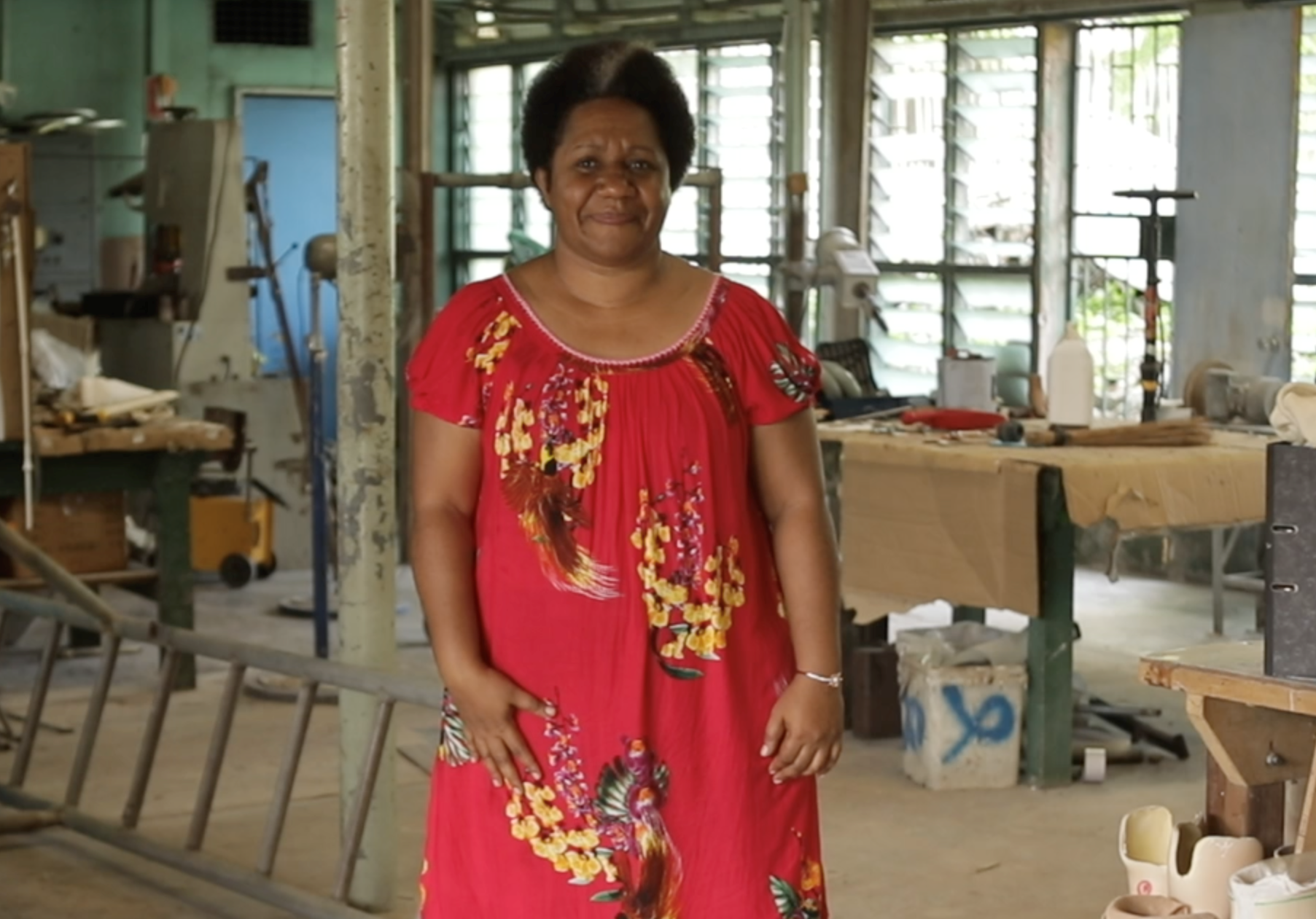
Gender Equality and Disability Equity: An Intersectional Approach
This paper summarises key contexts related to women with disabilities, at a time when DFAT is developing strategies for both gender equality and disability equity.

The Impact of Climate Change
This document captures the perspectives of people with disabilities who have been affected by climate change in the countries we work, and documents how CBM Global is responding.
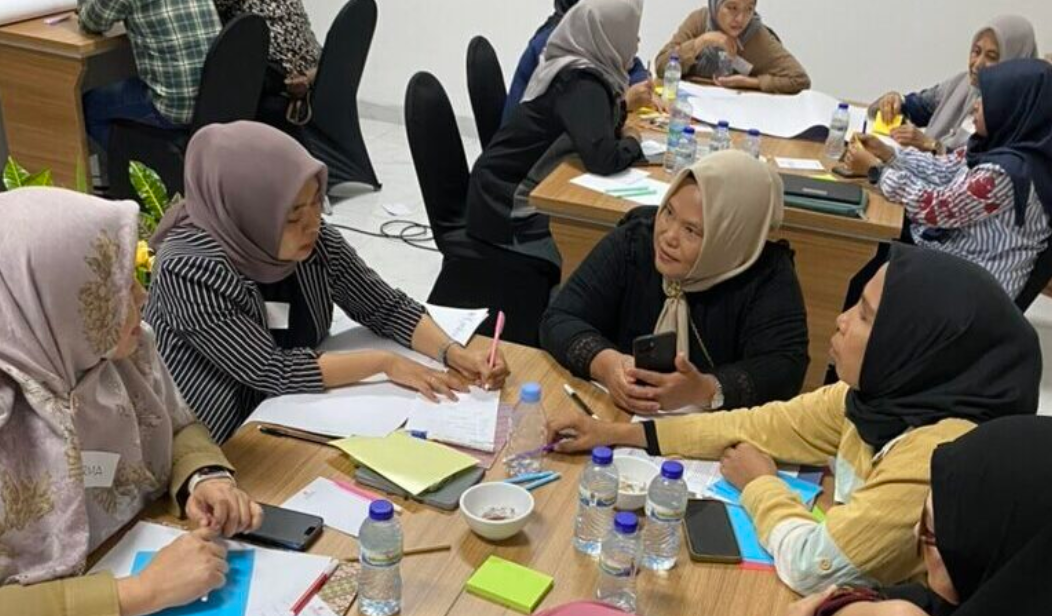
Indonesia's Climate Response Marginalises People with Disabilities
This article by the DevPolicy blog illustrates how people with disabilities are impacted by climate change, and how their voices and experiences are considered in shaping climate responses.
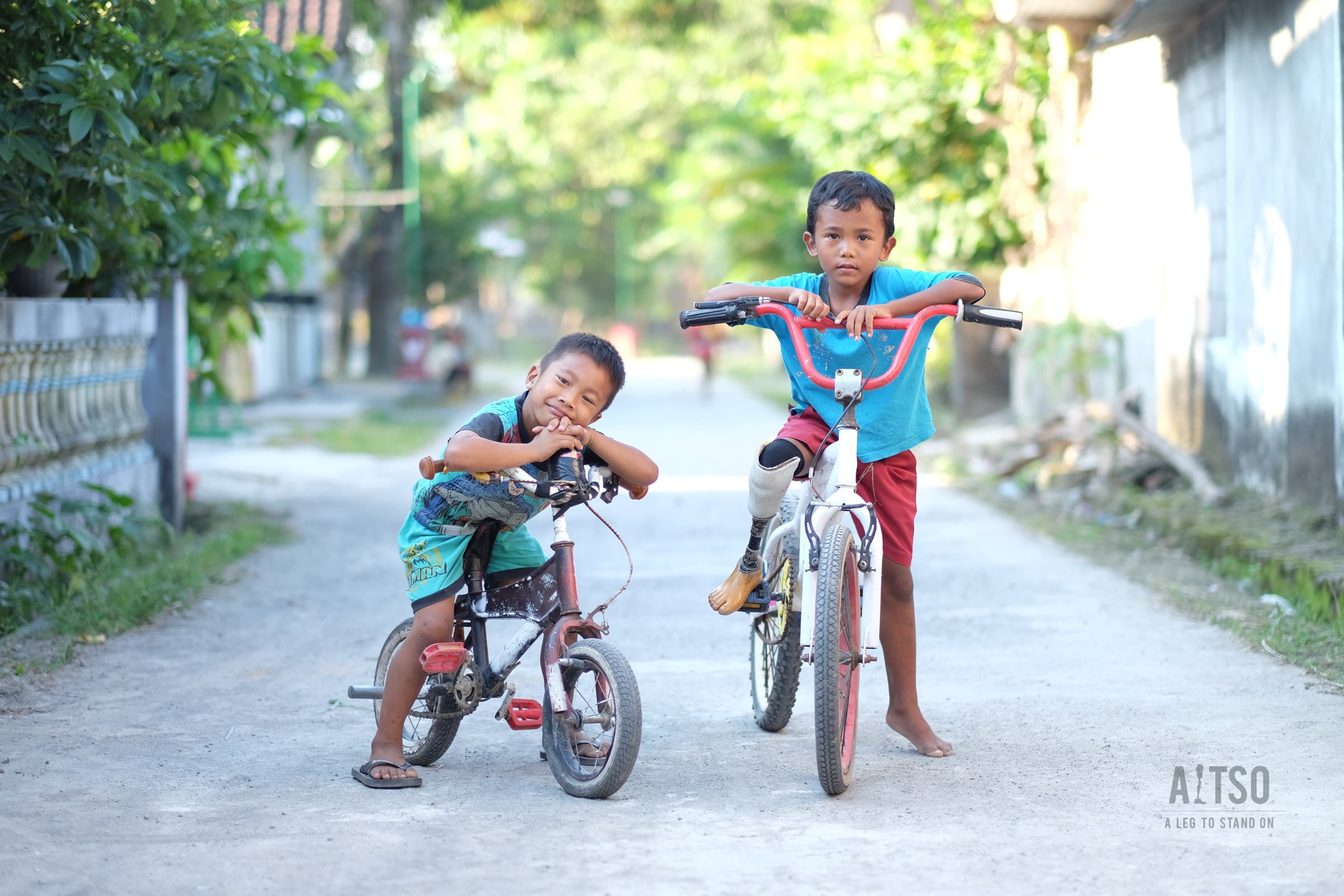
#UnlockTheEveryday
CBM Australia is joining the first ever global campaign on assistive technology, Unlock The Everyday. Find out more about the campaign and how we can all unlock potential, for all.
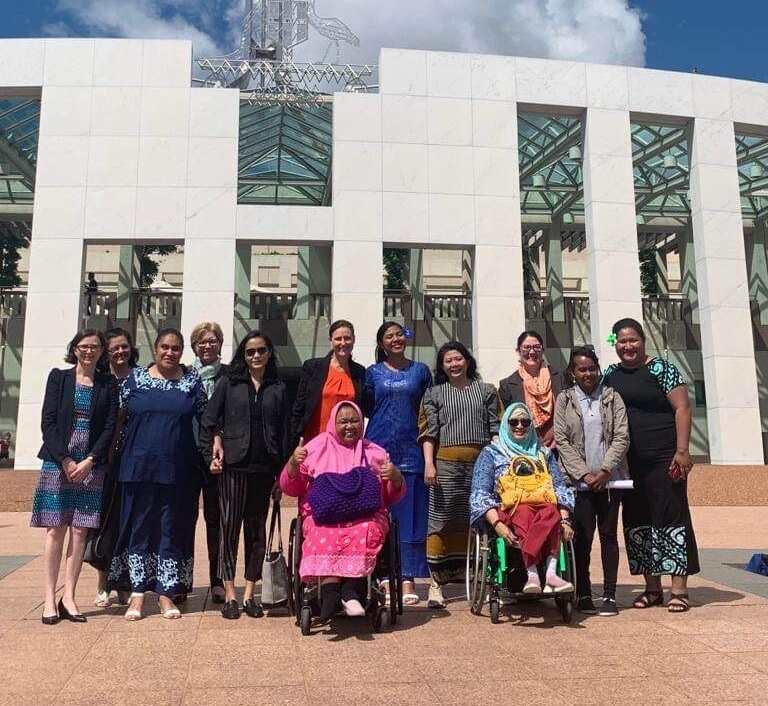
2024 Federal Budget: Small steps to deliver significant, sustainable change
The Federal Government’s recent increase of $1.1m to Australia’s Official Development Assistance is welcomed, but greater commitments are needed to unlock catalytic improvements in assistive technology and support services across the region.
CBM Australia is proud to partner with AT Scale for the first ever global campaign on assistive technology, Unlock the Everyday Together, we can amplify the voices, needs and priorities of people with disabilities around the world and raise awareness of assistive technology for all and people’s right to access it, no matter their income or where they live.
